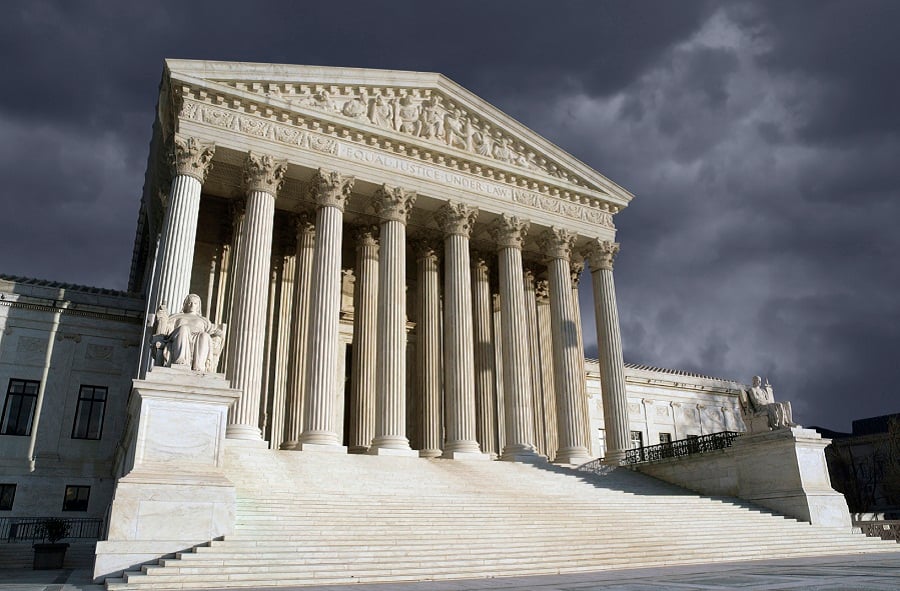Partisan warfare over filling the Supreme Court vacancy created by the sudden death of Justice Antonin Scalia last Saturday could impact other nominees, including two White House appointments to the Securities and Exchange Commission.
Within hours of Mr. Scalia's death, Senate Republicans indicated they would not advance a nomination on a replacement. They said a confirmation vote should be delayed until after the election in November.
“The American people should have a voice in the selection of their next Supreme Court justice,” Senate Majority Leader Mitch McConnell, R-Ky., said in a statement Saturday. “Therefore, this vacancy should not be filled until we have a new president.”
Democrats accused Republicans of shirking their responsibility to keep the nine-member Supreme Court at full strength. They cited examples of the Senate voting on Supreme Court nominations in an election year, such as in 1988 when Justice Anthony Kennedy was approved.
Now the controversy over the nation's highest court could inflict collateral damage on other nominations, such as those to fill two vacancies on the five-member SEC. Last year the White House put forth
Republican Hester Peirce and Democrat Lisa Fairfax for slots that opened up with the departures of Republican Daniel Gallagher and Democrat Luis Aguilar.
“Senate Democrats will attempt to make political hay out of any nomination that is moved by the Republican majority until hearings are scheduled on the president's Supreme Court appointment,” Jason Rosenstock, a partner at the government-relations consultant Thorn Run Partners, wrote in an email.
“Ironically, this only further serves to slow down the impetus to moving anyone, including SEC or federal nominees, through the process, and thus creating a wicked negative feedback loop,” he said.
A spokesman for Sen. McConnell pointed to language in the majority leader's statement that specifies he wants to stop only the Supreme Court nomination, not other appointments. But picking and choosing which nominees get consideration could prove to be fodder for retaliatory blockages in a partisan Congress.
A spokesman for Senate Minority Leader Harry Reid, D-Nev., was not immediately available for comment.
Others believe the SEC nominees should be able to stay out of the fray over the Supreme Court seat.
“In this case, you have two qualified nominees — one is a Republican, one is a Democrat,” said Duane Thompson, senior policy analyst at Fi360, a fiduciary-duty consulting firm. “You have parity there. You're not going to upset the balance at the SEC.”
It's not clear when the nomination process for Ms. Peirce and Ms. Fairfax will begin. Senate Banking Committee Chairman Richard Shelby, R-Ala., told Politico in January he didn't anticipate moving nominees until after his March 1 primary. A committee spokesperson was not immediately available for comment.
In the meantime, the
SEC will operate with three members: Chairwoman Mary Jo White, an independent appointed by Mr. Obama, Democrat Kara Stein and Republican Michael Piwowar.
Although the SEC staff will continue to work on a uniform fiduciary rule for retail investment advice and on a regulation allowing third-party exams of investment advisers, Mr. Thompson doesn't anticipate that a three-member SEC will take controversial votes.
“You would think Chair White would wait for [Ms. Peirce and Ms. Fairfax] to get on board and participate in the process,” Mr. Thompson said.







